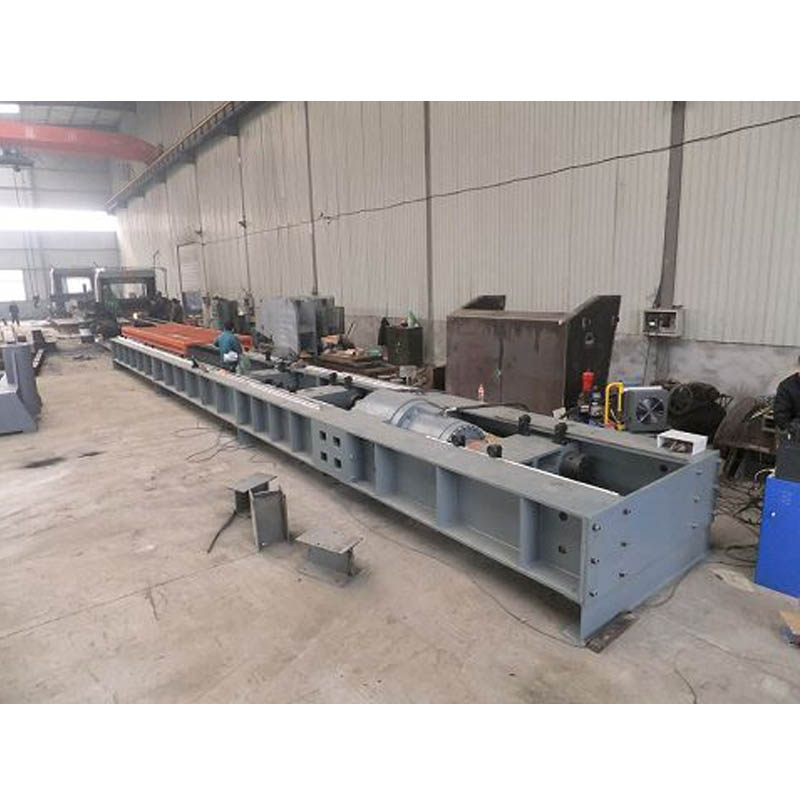high pressure diesel fuel line
Oct . 05, 2024 20:41 Back to list
high pressure diesel fuel line
High Pressure Diesel Fuel Lines Importance and Maintenance
High-pressure diesel fuel lines play a crucial role in the performance, efficiency, and reliability of modern diesel engines. As diesel technology continues to advance, the systems that deliver fuel to the engine must also evolve to keep up with increased power demands and stricter emissions regulations. This article will explore the significance of high-pressure diesel fuel lines, their components, and best practices for maintenance.
Understanding High-Pressure Diesel Fuel Lines
High-pressure diesel fuel lines are designed to transport fuel from the high-pressure fuel pump to the fuel injectors in an efficient manner. These lines are subjected to extreme conditions, including high temperatures and pressures, which can range from 500 to over 30,000 psi in some systems. As the pressure increases, the importance of using durable and reliable materials becomes paramount to prevent leaks and ensure a consistent fuel supply.
The materials used in high-pressure diesel fuel lines are often high-grade steel or other alloys that can withstand these extreme conditions. These lines must also have the ability to resist corrosion and wear over time, as they are in constant contact with diesel fuel, which can contain abrasive particles or contaminants.
The Role of Fuel Lines in Engine Performance
The efficiency of a diesel engine is heavily reliant on the proper delivery of fuel. High-pressure fuel lines ensure that the fuel reaches the injectors at the correct pressure and volume, allowing for optimal combustion. When fuel is injected into the combustion chamber at the right pressure, it atomizes properly, resulting in a more complete and efficient burn. This not only enhances engine performance but also reduces harmful emissions, which is essential for meeting stringent environmental standards.
high pressure diesel fuel line

Moreover, high-pressure diesel fuel lines aid in maintaining the overall temperature of the fuel system. By controlling the fuel temperature, these lines help to improve the fuel's viscosity, ensuring it flows smoothly and reduces the risk of cavitation in the fuel pump.
Common Issues and Maintenance
Despite their importance, high-pressure diesel fuel lines are not immune to problems. Common issues include leaks, clogs, and deterioration caused by constant exposure to high pressure. Any leaks in the fuel line can lead to a dangerous situation, as diesel fuel is flammable and can pose a risk to safety.
Regular maintenance is crucial for the longevity and efficiency of high-pressure diesel fuel lines. Inspecting the lines for signs of wear, corrosion, or leaks should be a routine part of any maintenance schedule. It’s also important to flush the fuel system periodically to remove any contaminants that may have accumulated. This helps prevent clogs that could lead to poor fuel delivery and, consequently, engine performance issues.
When replacing fuel lines, it is vital to use OEM (Original Equipment Manufacturer) parts or high-quality aftermarket equivalents. Using substandard materials can lead to premature failures and potentially costly repairs down the line.
Conclusion
In summary, high-pressure diesel fuel lines are a critical component in the functionality of diesel engines. Understanding their role and maintaining them properly can lead to improved engine performance, increased fuel efficiency, and lower emissions. Diesel engine operators—whether in automotive applications or heavy machinery—should prioritize the health of their fuel line systems to ensure optimal performance and longevity. By investing time and resources into maintenance and using quality parts, users can avoid the pitfalls of fuel line failures and ensure their engines run smoothly for years to come.
